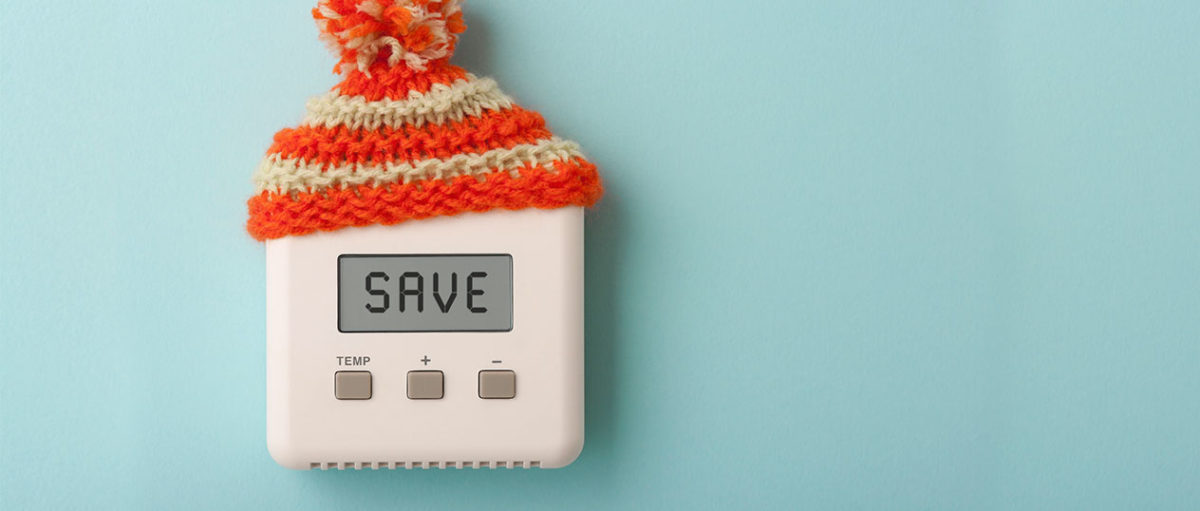If you have a second home, it’s important to prepare for the seasons when you won’t be around to maintain it. This can be as simple as turning the water off in the warmer months, but when it gets cold, protecting your home from the elements can become a lot more involved. So, here’s how to winterize your vacation home.
9 ways to winterize your second home
- Turn off the water
- Keep the heat above freezing
- Unplug electrical devices
- Empty the fridge
- Prevent pests
- Wash towels and bedding
- Cover your plants
- Store your valuables
- Leave a light on
1. Turn off the water
Make sure the water is turned off completely at the main supply point to prevent busted pipes. Don’t forget to turn off your irrigation system, too, if they’re on separate main supplies. A $500 replacement for a cracked backflow preventer is the last thing you’ll want to come home to. You should also drain anything that holds water, like toilets, pools, fountains, and sinks. If temperatures get extra low in the area, you may also want to pour an antifreeze solution down the drains.
2. Keep the heat above freezing
While you do want to conserve energy while you’re gone, don’t set your thermostat too low. Make sure it’s warm enough to keep the inside of your home above freezing. In general, aim to keep the temperature around at least 50 degrees Fahrenheit to prevent mold and mildew that may form from condensation.
3. Unplug electrical devices
If you leave your power on, unplug all your electrical devices (microwaves and TVs included) to prevent fire hazards and save energy. You may want to leave larger appliances, like your washer and dryer, plugged in to decrease the hassle of getting everything set back up when you return.
4. Empty the fridge
It goes without saying that you should throw out any perishables. Especially if you’re going to be unplugging the fridge, it’s best to take everything out, wash both the fridge and freezer thoroughly, and leave the doors open to prevent any mold or mildew growth.
5. Prevent pests
After you take the trash out, wash the trash cans and put away any soaps, sponges, candles, and other possible food sources for vermin. Try not to leave any food items in the home, even staples like pasta and canned goods. Winter is a great time to donate any usable items you clear out to local food drives and shelters.
6. Wash towels and bedding
Linens, bedding, and towels should be washed and stored in plastic containers. Open up the drawers and strip the beds to let the mattresses air out. That’s one less load of laundry waiting for you when you return.
7. Cover your plants
If you have outdoor plants that don’t do well in the cold, cover them up with an old blanket to prevent frost damage or bring them inside. For plants that require more maintenance, consider bringing them home with you or providing a key to a neighbor you trust who can check in and water them occasionally.
8. Store your valuables
Any boats, dirt bikes, canoes, bicycles, cars, etc. should be stored in a garage while you’re gone. If there are any window views into your storage space, cover them. You don’t want people to see into your house and be tempted to take anything.
9. Leave a light on
A certain Christmas movie comes to mind for this one, but you probably don’t need to go to such extreme lengths as that kid left behind for holiday vacation. A single light left on in a central area will do the trick. You can also install timed lights to create the illusion of an occupied home. It’s a good way to add some extra security while you’re gone.
Do I need to winterize my second home if it’s in a warm area?
If your vacation home is in a warm climate (beach house, anyone?), you probably don’t need to do much to prepare it for cold weather. For the sake of security, energy conservation, and keeping your home clean, however, you’ll still want to turn off/unplug any unnecessary devices and lights, throw out any food, and make sure valuable items are stored out of sight. And of course, don’t forget to lock the door.
Before your leave your second home for the winter, don’t forget to turn off the water and gas, empty the fridge, and secure your valuables.




